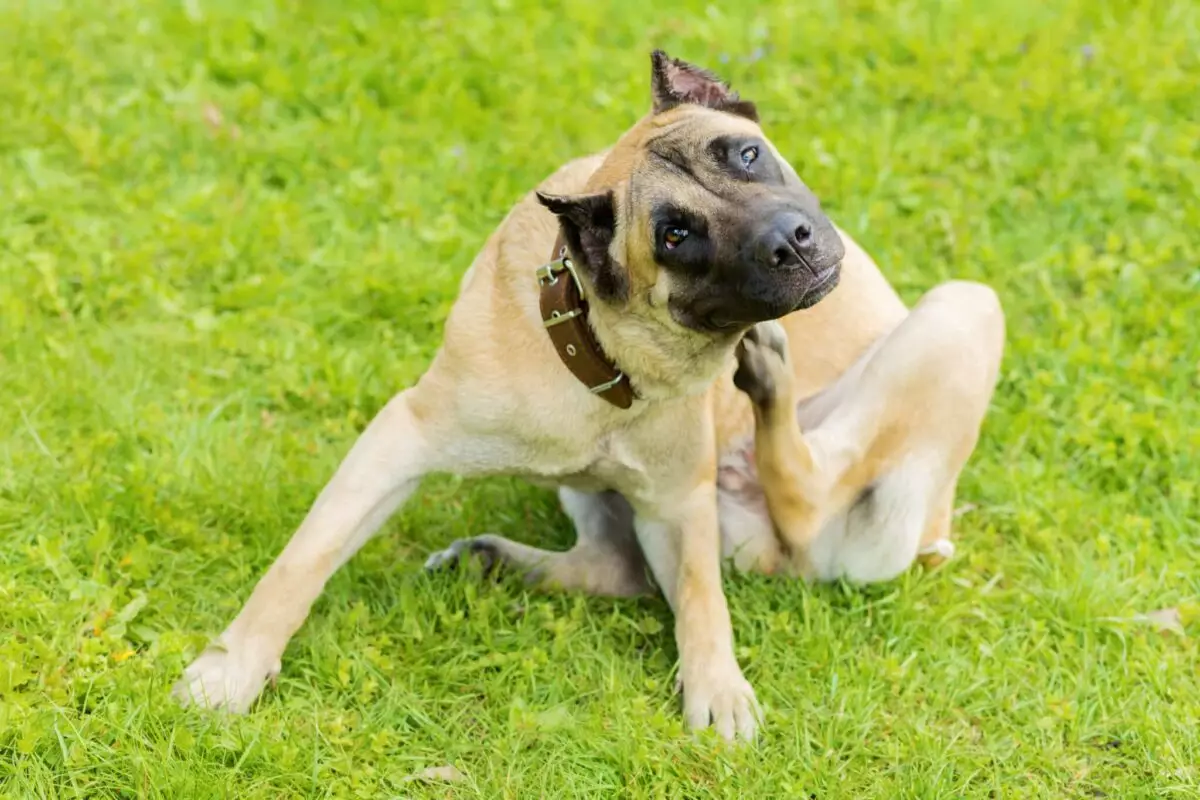Fleas may be small in size, but their impact on pets and households is anything but minor. These unwelcome intruders can cause intense discomfort for pets, resulting in incessant scratching and biting, while making living environments less pleasant for everyone involved. While there are several chemical solutions that promise to combat flea infestations, many pet owners are increasingly turning to more holistic, natural remedies. Some common household scents have proven effective as flea repellents, allowing pet owners to create a safer and more inviting space for their furry companions.
Thyme: The Unsuspecting Herbal Defender
Thyme is not just a common culinary herb; it serves as a potent natural deterrent against fleas. The rich, earthy aroma of thyme is highly distasteful to these pests. By utilizing thyme essential oil, diluted in water, pet owners can create a targeted spray for areas where fleas may hide. Additionally, sprinkling dried thyme around the house can form a protective barrier. Beyond its flea-repelling qualities, thyme possesses valuable antibacterial properties, making it a worthy addition to both pest control strategies and homemade cleaning solutions. While thyme may enhance the flavor of your meals, it simultaneously becomes a formidable adversary for fleas.
Renowned for its calming effects on humans, lavender carries an unexpected duality in its properties: it also acts as a powerful flea repellent. The specific compounds within lavender, such as linalool, create an olfactory environment that fleas find overwhelmingly distasteful. Homeowners can harness lavender’s scent in several forms—whether by using dried lavender flowers, essential oils, or even live plants. Mixing lavender oil with water creates an effective spray for carpets, pet bedding, and other prone areas, allowing for a delightful ambiance while simultaneously sending fleas scuttling away.
Peppermint: A Refreshing Force Against Fleas
Another scent effective against fleas is peppermint. Its invigorating aroma, rich with menthol, not only refreshes human spaces but also acts as a natural insecticide. Pet owners can create sprays using diluted peppermint essential oil, or even deploy diffusers to keep the scent flowing throughout their homes. Furthermore, planting peppermint outside can add another layer of defense, reducing flea presence in outdoor areas. For those who find the smell of peppermint uplifting, it offers a convenient solution for maintaining not just a pleasing aroma, but also a flea-free environment.
The sharp, medicinal scent of eucalyptus is unpleasant for fleas, creating a hostile environment that disrupts their navigation capabilities. Application methods for eucalyptus are versatile: homeowners can either spray diluted eucalyptus oil throughout their living spaces or hang fresh leaves in strategic areas. However, caution is paramount since eucalyptus oil can be toxic to pets if ingested. Its pungent aroma serves as a natural eviction notice for fleas, steering them away from areas where they are typically found.
The zesty aroma of citrus fruits, particularly lemons, is another natural enemy of fleas. The high acidity in lemon’s scent is both refreshing and functioning; it not only brightens living spaces but effectively repels fleas. A simple homemade spray can be made by boiling lemon slices in water and then applying the cooled solution around the house or even on pet bedding. Both the pleasant smell and the natural insecticidal properties of lemons make it a favorite in flea control methods.
More than just a flavorful addition to your culinary endeavors, rosemary holds hidden potential as a flea repellent. Its woody scent is unappealing to fleas, allowing homeowners to make use of it in a variety of ways. By boiling rosemary in water, pet owners can create a natural rinse that not only refreshes their pets but also keeps fleas at bay at the same time. Rosemary essential oil, diluted and employed as a spray on frequently used surfaces, becomes another formidable weapon against these insects.
Simplistic Solutions: Utilization of Vinegar
Although vinegar might not be particularly fragrant or enjoyable for human noses, it creates an inhospitable atmosphere for fleas. Both white and apple cider vinegars have this characteristic, thanks to acetic acid. Creating a vinegar-water mix can serve as an excellent spray for carpets and fabrics where flea infestations might flourish. While the vinegar smell may be off-putting to some, it provides an affordable, natural way to deter fleas effectively.
Spices to the Rescue: Clove and Cinnamon
Clove and cinnamon, known for their aromatic allure in cooking, also bring pest-repelling capabilities. Clove oil, with its active compound eugenol, effectively keeps fleas at bay when used in diluted sprays. Additionally, cinnamon’s strong scent sends a warning signal to these insects, effectively keeping them away. By strategically incorporating these spices into your home’s environment, you can enjoy both their delightful aroma and the peace of mind that comes from reduced pest activity.
The scents and essences derived from common household ingredients can serve as an effective line of defense against pesky fleas. Rather than immediately resorting to chemical remedies, exploring natural scents may provide the solution that both you and your pets will appreciate. When employed with caution and creativity, these phenomenally effective natural repellents allow you to safeguard your home while enjoying the pleasant fragrances they bring. With every aromatic burst, you empower yourself as a flea-fighting champion in your own right.

